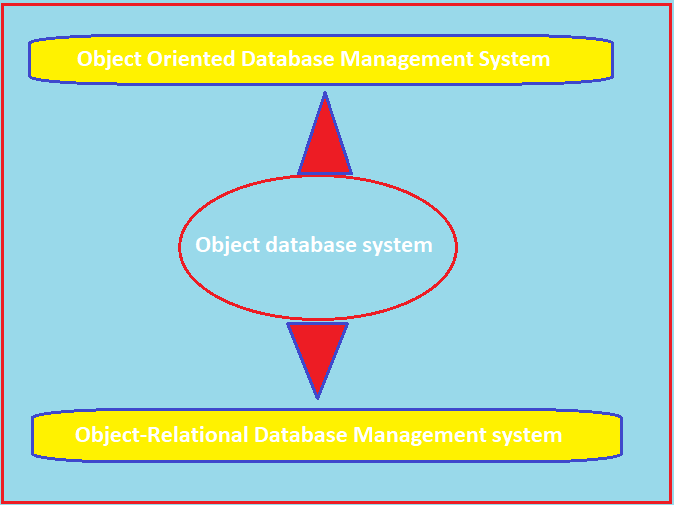Introduction -:In recent years, several database applications have emerged whose complexities is not well handled by the relational database system as relational database system supports a fixed set of data type which is inadequate for such complex applications. These complex applications typically involve data that are highly interrelated such as product definitions, multimedia content, or bills of material etc. Several data modeling concept have been evolved to meet the need of such kind of applications.
An object database is a database management system in which information is represented in the form of objects as used in object-oriented programming. Object databases are different from relational databases which are table-oriented. Object-relational databases are a hybrid of both approaches.
The development of object oriented database management system is one effort to satisfy the need of such complex application. The development of OODBMS is mainly due to genesis and refinement of OOP(object oriented paradigm). OODBMS not only handle complex object but also Incorporates feathers like Inheritance, encapsulation etc. that can implementing Object Oriented Model. OODBMS attempts to bring the database world and the application programming world close together by ensuring that database system uses the same system at the application programme users.
Object database system have developed along two distinct paths :-
1. Object Oriented Database Management System(OODBMS)
Object Oriented Database Management System applied object oriented paradigm to database technology. It aims to achieve integration of database with the object oriented languages such as C++ , Small Talk etc. It attempts to become an alternative of Relational Database System with better features and support to complex data.
2. Object-Relational Database Management system(ORDBMS)
It is an extended version of Relational Database System rather than an alternative, which is capable of handling complex data types along with the functionality necessary to support a broader class of applications. It attempts to extend the power of Relational Database by providing a rich set of data types including Object Orientation.
